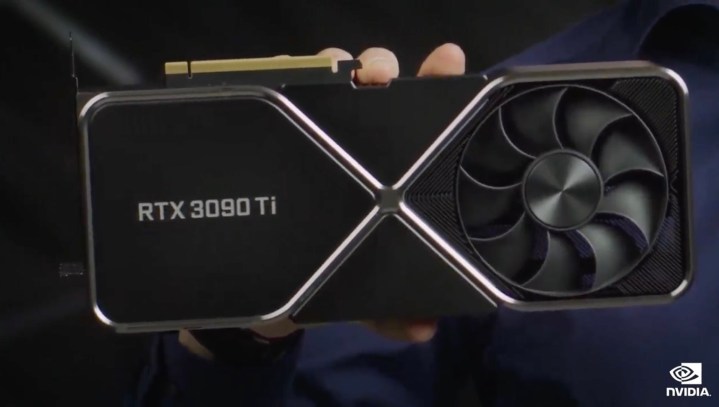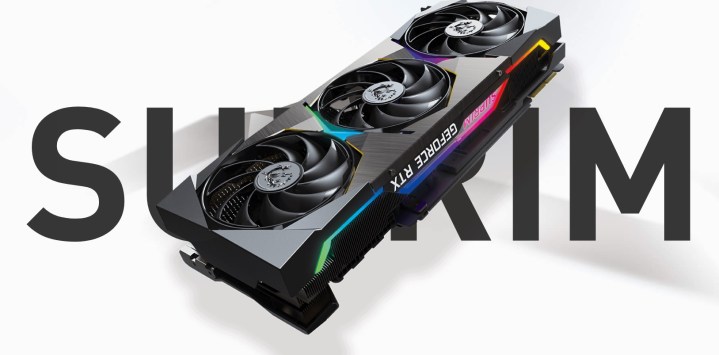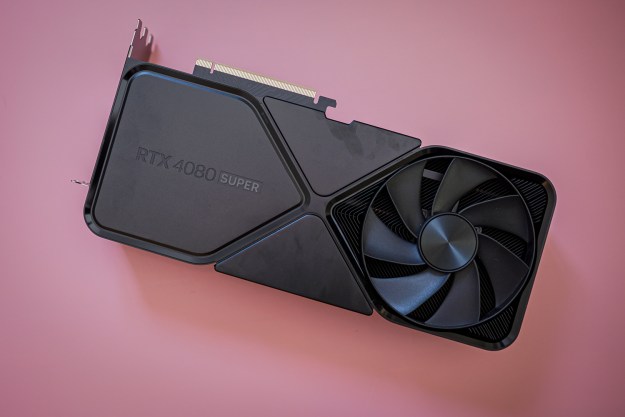During CES 2022, Nvidia announced not just the budget RTX 3050, but also the upcoming flagship GeForce RTX 3090 Ti. Although the entry-level card has already hit the shelves, the RTX 3090 Ti still doesn’t have a confirmed release date.
Although Nvidia promised to reveal more about the card, no new information has been released. The launch of the RTX 3090 Ti seems to have been delayed — but why? There are a few possible reasons, including problems with the card itself as well as with the GPU supply.

Nvidia hasn’t said much about the new RTX 3090 Ti graphics card, but during its CES 2022 keynote, the company said it would be able to say more during the month of January. The month has come and gone, and we still don’t know where Nvidia stands with the release of the RTX 3090 Ti. What little we’ve heard so far has not been encouraging.
Earlier in January, reports of Nvidia halting production of the GPU emerged, indicating that Nvidia asked its board partners to put production on hold for the time being. Previous rumors pointed to a January 27 release, but obviously, that didn’t happen, and the company hasn’t commented on the status of the production.
Moore’s Law is Dead on YouTube has recently posted a video about the mystery surrounding the RTX 3090 Ti. Citing inside sources, the channel claims that the card has had some technical faults that forced Nvidia to pause production until they were addressed. This is consistent with previous reports, as some of the reasons behind the rumored production halt were problems with the printed circuit board (PCB) and the BIOS.
While these issues have apparently been resolved, Nvidia may have run into another problem: A shortage of Ampere GA102 GPUs. Hearing of chip shortages in this day and age is nothing new, but if this is true, it’s odd for Nvidia to tease the card in the first place if it’s currently unable to produce it in adequate quantities. On the other hand, as the RTX 3090 Ti will feature the full GA102 die with a TGP of 450W (compared to the 350W of the RTX 3090,) there could be some unforeseen issues with production that add up to the generally grim state of the market.

Whether Nvidia is only able to produce a small number of GeForce RTX 3090 Ti GPUs or not, its board partners seem to be ready to launch their own versions of the 3090 Ti. As we reported earlier in January, MSI is one such manufacturer that seems to be working on an RTX 3090 Ti Suprim X 24G graphics card. Although the specifications are still up for debate, there is no doubt that it will be a power-hungry beast of a GPU.
Various listings of the card pop up now and then. The MSI card mentioned above has been found listed for an equivalent of $4,500, but some listings of similar RTX 3090 Ti cards go up to as high as $6,000 for a single GPU.
There is no telling what’s really happening behind the scenes and all we can do is wait until Nvidia speaks up on the matter. However, one thing is clear: If the rumored pricing proves to be true, the demand may be limited in comparison to other GPUs. Not many people will be willing to spend upwards of $4,500 on even the best graphics card.
Editors' Recommendations
- RTX 4090 owners are in for some bad news
- Nvidia RTX 50-series graphics cards: news, release date, price, and more
- You shouldn’t buy these Nvidia GPUs right now
- Using an RTX 3060? Here’s the GPU to upgrade to next
- Why I’m feeling hopeful about Nvidia’s RTX 50-series GPUs





